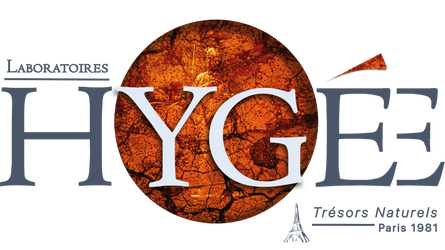Shop Now

Collagen and Menopause: Understanding the Connection
Menopause is a significant stage in a woman's life, typically occurring between the ages of 45 and 55, accompanied by hormonal changes that can lead to various physical and emotional shifts. As women age, collagen levels in the body gradually decline, which has profound implications for health during menopause. This blog will explore the importance of collagen during menopause and how to supplement it for improved well-being.
Understanding Collagen
Collagen is the most abundant protein in the human body, primarily found in the skin, joints, bones, and connective tissues. It provides structural support, helping to maintain skin elasticity and strength. As we age, the body's ability to synthesize collagen decreases, leading to issues such as loose skin, increased wrinkles, and joint discomfort.

How Menopause Affects Collagen
-
Hormonal Changes: During menopause, estrogen levels drop, which directly impacts collagen production. Estrogen promotes collagen synthesis, and its deficiency accelerates collagen loss.
-
Skin Changes: The reduction in collagen can lead to dry skin and deeper wrinkles, affecting a woman's appearance and self-confidence.
-
Joint Health: Collagen is crucial for joint health, and many women may experience joint pain and discomfort during menopause, related to collagen depletion.

The Importance of Collagen Supplementation
-
Improving Skin Health: Supplementing with collagen can help restore skin elasticity and moisture, reducing the appearance of wrinkles and promoting a youthful look.
-
Enhancing Joint Function: Collagen supplements can help alleviate joint pain and improve flexibility, supporting overall joint health.
-
Promoting Bone Health: Collagen is vital for bone structure and strength, and supplementation can help reduce the risk of osteoporosis.

How to Increase Collagen Intake
-
Diet: Consume collagen-rich foods such as chicken, fish, legumes, eggs, and bone broth.
-
Collagen Supplements: Consider using collagen powders or capsules such as HYGEE PRODUCTS, which can conveniently boost collagen levels in the body with only 10g of intake everyday.
-
Healthy Lifestyle: Maintain a balanced diet, engage in regular exercise, and avoid smoking and excessive alcohol consumption to support collagen synthesis.
During menopause, collagen supplementation is crucial for women's health. By incorporating collagen into their daily routine, women can better navigate the challenges of menopause and enhance their skin, joint, and overall health. Embracing collagen can lead to a healthier, more vibrant life during this transformative stage!
